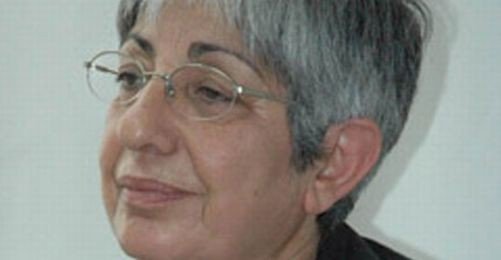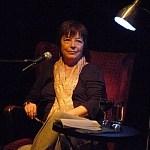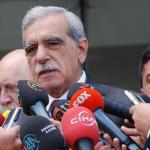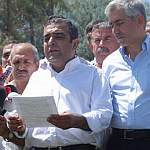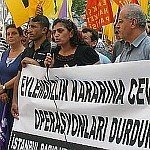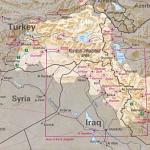KURDISH QUESTION
Several Approaches - No Concrete Steps
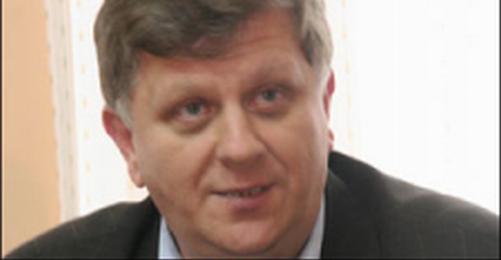
"The announcements show that the government still tackles the problem as a mere problem of public order. We find that dangerous because if we get there without taking into consideration the political, cultural and social demands, the period of the ceasefire will be wasted", said Hakan Tahmaz, member of the Turkish Peace Parliament (TMB).
He argued that the government's current orientation is influenced by the run-up to the elections in eight months and that steps to resolve the Kurdish question have been put on hold.
According to Tahmaz, who is following the issue very closely as a journalist, the Kurdish side is more ready now to put down their weapons than they were six months ago.
Tahmaz thinks that the approach of Kemal Kılıçdaroğlu, new Chairman of the Republican People's Party (CHP), towards a general amnesty would be a contribution to the solution "even if only by talking yet".
Election calculations
A delegation from the TBM held a meeting with Hüseyin Çelik from the ruling Justice and Development Party (AKP) on Tuesday (28 September). The delegation will also meet the CHP and other political parties.
Tahmaz argued that the government was relieved by the outcome of the referendum on the constitutional reform package and thus the restricted influence of the military. However, the party wants to consolidate its nationalist-conservative base in the run-up to the elections and gave the impression that they evade taking steps, Tahmaz said.
Tahmaz emphasized that the requests of the Kurdish people were clear and have been discussed. He expressed his concern about the development of an insecure environment and a new increase of violence in the conflicts if no steps are taken into the direction of their demands.
Dialogue, conflicts, dialogue...
Abdulla Öcalan, imprisoned leader of the militant Kurdistan Workers Party (PKK), suggested on Wednesday (29 September) that issues such as a new constitution, coming to terms with the past and democratization should be negotiated and the solutions should be presented to the parliament within the coming eight months until the elections.
The process was started last year as the so-called "Kurdish initiative" and was later on transformed into the "Project of National Unity and Brotherhood". Talks had started but the government took a step back because of the reactions on the return of PKK members and refugees from Northern Iraq.
The judicial pressure on Kurdish politicians and rights advocators increased. The PKK intensified the fights and almost everyday people died in the clashes.
The PKK had decided for a ceasefire until the referendum on 12 September. The pro-Kurdish Peace and Democracy Party (BDP) called for a boycott of the referendum which was supported by the party's base. However, AKP passed the referendum package and gained strength by the outcome. Öcalan announced that he was negotiating with state officials. The government held meetings with the BDP and compromised on the need of a new constitution.
Before the background of these developments, Tahmaz sees the government quite far away from taking steps into the direction of a solution.
"Still, the military operations have indeed decreased during the past ten days. Maybe this is just a coincidence. I hope it is not and this will become permanent".
"PKK should withdraw"
Ahmet Türk, Co-chair of the Democratic Society Congress (DTK), wants the armed forces of the PKK to withdraw to the Kurdish regions outside of Turkey.
As reported by the ntvmsnbc.com website, Kurdish politician Türk said, "We hope that the ceasefire will be continued. The government and the state should signal confidence in this issue. The state has to demonstrate that it is ready for peace".
"It would be of advantage to withdraw the weapons from Turkey in terms of creating the ground for a period of peace and to avoid provocation. Facing armed forces can always evolve into provocation".
"Army should withdraw"
Retired military judge Ümit Kardaş has a different approach to the same solution. He suggests the government to withdraw the Turkish Armed Forces from the region.
In an article published in the nation-wide Taraf daily on Tuesday (28 September), Kardaş stated, "The result of the referendum backspaced the militarist bureaucratic tutelage by a remarkable extend. Now it is in the hands of the government to turn the ceasefire into a permanent state".
"The government should withdraw the TSK form the region first of all. The PKK has announced a ceasefire anyways and already agreed on not fighting. There is no doubt that this decision will turn into a permanent ceasefire. If the TSK stays in the region, it would mean that the tutelage regime will de facto continue and that hopes for peace would be squashed. The TSK has no legal and just base for its duty in the region", Kardaş argued. (EÜ/EÖ/VK)
SOCIAL GENDER EQUALITY
Women and Journalists Hand in Hand against Violence
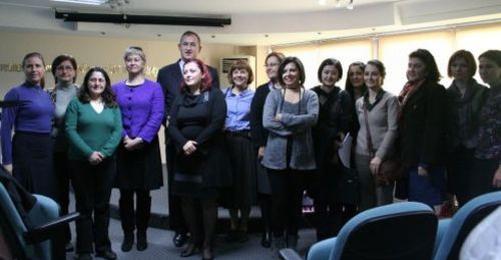
EUROPEAN COMMISSION AGAINST RACISM AND INTOLERANCE
Discrimination and Racism in Turkey Fuel Concern

Unionists in Northern Cyprus Protest PM Erdoğan
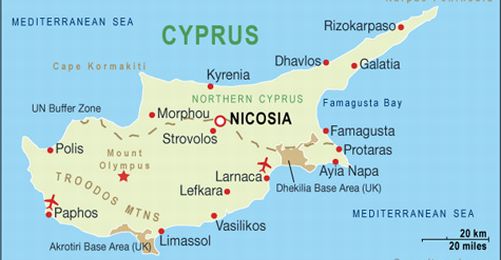
Policeman who Beat Juvenile Claimed Self-Protection
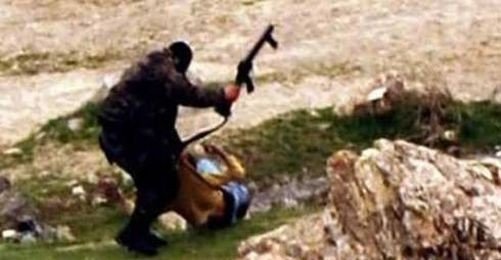
HRANT DINK MURDER
Court fully Protects Istanbul Police
